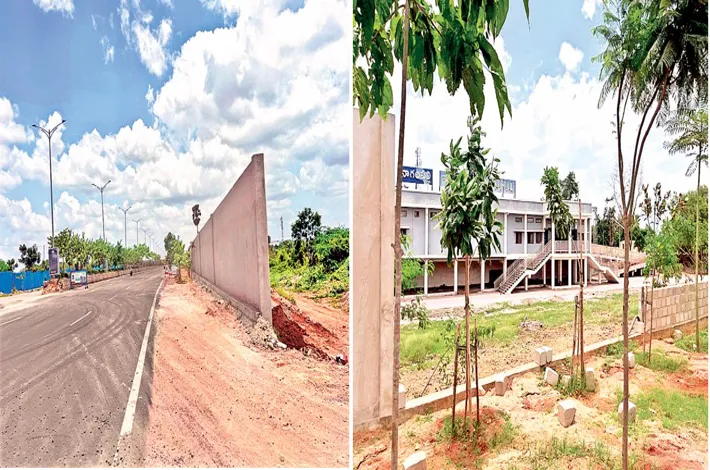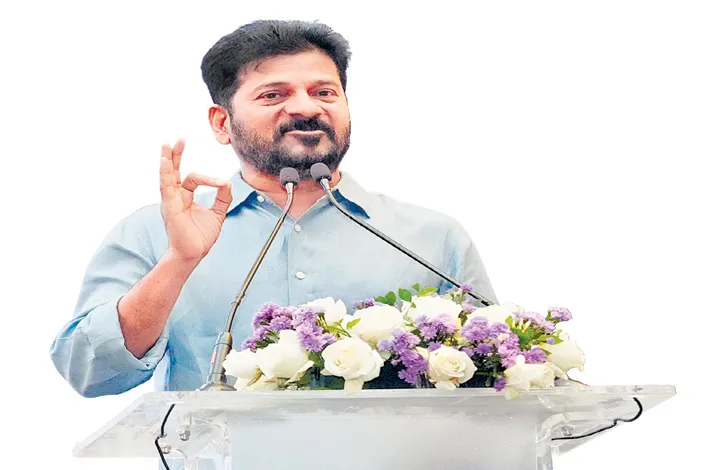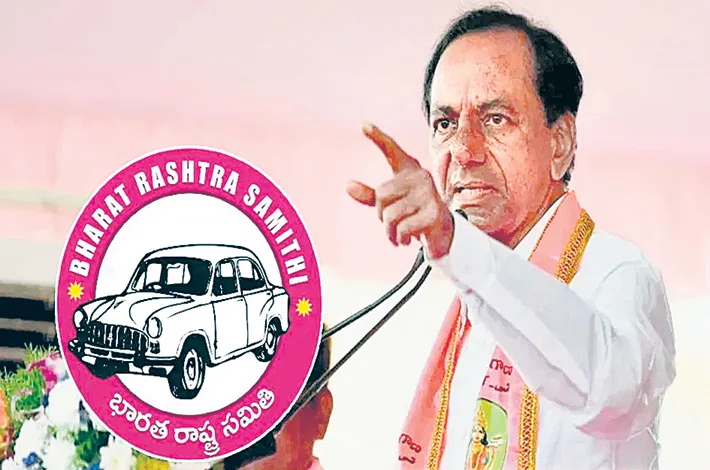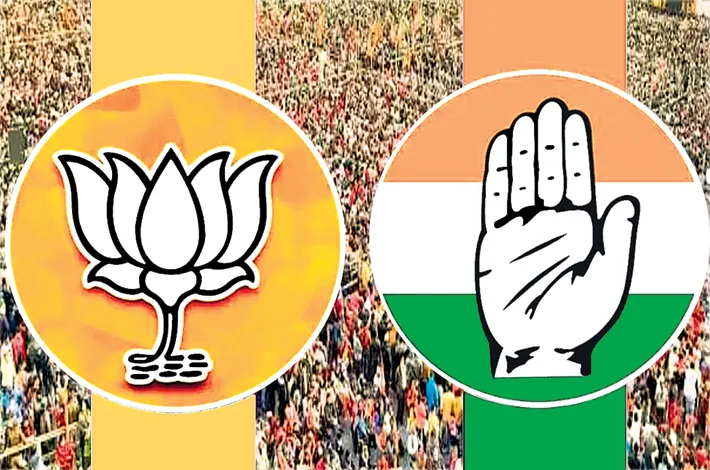Retired Judges slam home minister Amit Shah
26-08-2025 12:00:00 AM
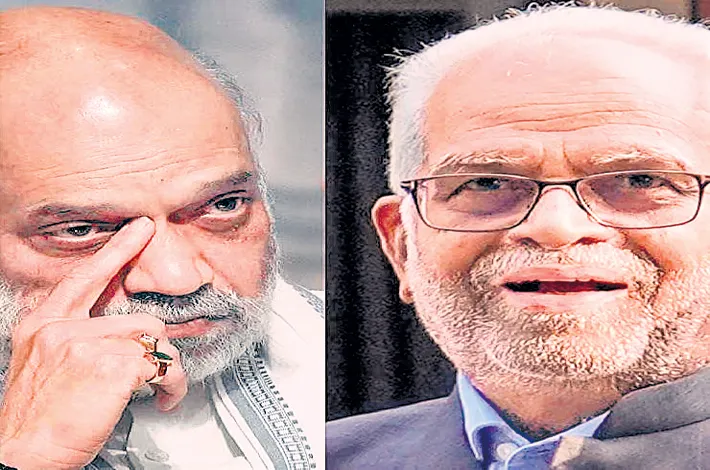
For Misinterpreting 2011 Salwa Judum Judgment in Attack on Opposition VP Candidate
Judges, issued a scathing public statement condemning Amit Shah for what they described as an “unfortunate” and “prejudicial misinterpretation” of the SC’s 2011 Salwa Judum judgment
metro india news I hyderabad
A group of 18 retired judges, including seven former Supreme Court justices, three former High Court chief justices, and eight former High Court judges, issued a scathing public statement on Monday, condemning Union Home Minister Amit Shah for what they described as an “unfortunate” and “prejudicial misinterpretation” of the Supreme Court’s 2011 Salwa Judum judgment. The statement criticized Shah’s remarks targeting Justice (Retd) B. Sudershan Reddy, the opposition INDIA bloc’s vice-presidential candidate, accusing him of supporting Naxalism through the landmark ruling. The retired judges warned that such comments could undermine judicial independence and urged Shah to refrain from “name-calling” during the vice-presidential campaign.
The controversy stems from remarks made by Shah on August 22, 2025, during a public event in Kochi, Kerala, organized by the Malayala Manorama group. Addressing the audience, Shah accused Justice Reddy of “helping Naxalism” through the 2011 Salwa Judum judgment, which he claimed had prolonged Left-wing extremism in India. “Sudershan Reddy is the person who helped Naxalism. He gave the Salwa Judum judgment. If that judgment had not been given, Naxal terrorism would have ended by 2020,” Shah said, alleging that Reddy was “inspired by the ideology” behind the ruling. He further suggested that the Congress-led INDIA bloc’s choice of Reddy as its vice-presidential candidate, under pressure from Left parties, reflected support for Naxalism and weakened their electoral prospects in Kerala.
The 2011 Supreme Court judgment, delivered by a bench comprising Justices B. Sudershan Reddy and S.S. Nijjar, declared the Chhattisgarh government’s practice of arming tribal youths as Special Police Officers (SPOs), also known as “Koya Commandos” or Salwa Judum, to combat
Maoist insurgency as “illegal” and “unconstitutional.” The court ordered the immediate disbanding of the state-sponsored militia, arguing that it violated Articles 14 (right to equality) and 21 (right to life) of the Constitution. The ruling emphasized that the state alone holds the exclusive right to use violence and cannot outsource its constitutional duty to provide security to untrained vigilantes. Human rights groups had documented widespread abuses by Salwa Judum, including mass displacement, village burnings, and atrocities against Adivasi communities, which the court’s intervention sought to address.
In their joint statement, the retired judges, including prominent former Supreme Court justices such as Kurien Joseph, Madan B. Lokur, J. Chelameswar, A.K. Patnaik, Abhay Oka, Gopala Gowda, and Vikramjit Sen, categorically rejected Shah’s interpretation of the judgment. “The statement of Union Home Minister Amit Shah, publicly misinterpreting the judgment of the Supreme Court in the Salwa Judum case, is unfortunate. The judgment nowhere supports, either expressly or by compelling implication of its text, Naxalism or its ideology,” the statement read.
They stressed that the ruling was grounded in constitutional principles, protecting fundamental rights and reinforcing the state’s responsibility to maintain law and order through a professional police force.
The judges expressed concern that Shah’s remarks could have a “chilling effect” on serving judges, potentially shaking the independence of the judiciary. “Prejudicial misinterpretation of a judgment of the Supreme Court by a high political functionary is likely to have a chilling effect on the judges of the Supreme Court,” they warned, emphasizing the need for civil and dignified discourse during the vice-presidential campaign. The statement also urged political leaders to avoid personal attacks and “name-calling” out of respect for the office of the Vice President of India. Other signatories included former High Court judges Anjana Prakash, C. Praveen Kumar, A. Gopal Reddy, G. Raghuram, K. Kannan, K. Chandru, B. Chandrakumar, and Kailash Gambhir, along with legal scholars Prof. Mohan Gopal and senior advocate Sanjay Hegde.
Justice Reddy, responding to Shah’s accusations on August 23, declined to engage in a political tit-for-tat, emphasizing that the Salwa Judum judgment was not his personal opinion but a decision of the Supreme Court. “I have authored the judgment. The judgment is not mine, the judgment is of the Supreme Court. Another judge was sitting with me, and repeated attempts were made to get it overruled, but it didn’t happen,” Reddy told The Hindu. He suggested that Shah may not have read the full 40-page judgment, adding, “If he had read the judgment, perhaps he would not have made that comment.” Reddy underscored the need for decency in public debate, stating, “There must be decency in the debate,” and framed the upcoming vice-presidential election on September 9 as a contest of ideologies rather than individuals.
The controversy has sparked broader political reactions. Shiv Sena (UBT) leader Sanjay Raut attributed Shah’s remarks to growing unease within the ruling National Democratic Alliance (NDA) over the possibility of cross-voting in the vice-presidential election, where party whips do not apply. CPI(ML) general secretary Dipankar Bhattacharya highlighted that 24 Supreme Court judges, including several Chief Justices, had upheld the Salwa Judum judgment in subsequent appeals, with a bench of Justices B.V. Nagarathna and Satish Mishra affirming it as recently as May 2025.
Critics of Shah’s remarks argue that his attempt to link Reddy to Naxalism misrepresents the judgment’s intent and ignores its constitutional grounding. The ruling did not bar the state from combating Maoist insurgency but insisted that such efforts must adhere to lawful governance and respect fundamental rights. The BJP, however, has also sought to highlight Reddy’s other rulings, such as his 2011 order criticizing the Congress-led UPA government’s handling of black money cases, to portray him as critical of his own nominators. Reddy dismissed suggestions of political bias, noting that former Prime Minister Manmohan Singh never interfered with his judicial work.
The public statement by the retired judges has intensified the spotlight on the vice-presidential election, pitting Reddy against NDA candidate C.P. Radhakrishnan. As the September 9 polls approach, the controversy underscores the delicate balance between political rhetoric and judicial independence, with the judges’ statement serving as a reminder of the need to protect constitutional institutions from partisan distortions.
The episode also highlights ongoing debates about the state’s approach to internal security and the role of the judiciary in safeguarding constitutional principles. While Shah’s remarks reflect the BJP’s strategy to frame the election as an ideological battle, the retired judges’ response underscores the importance of respecting judicial rulings and maintaining decorum in political discourse. As the campaign heats up, all eyes will be on how both sides navigate this contentious issue in the lead-up to the election





